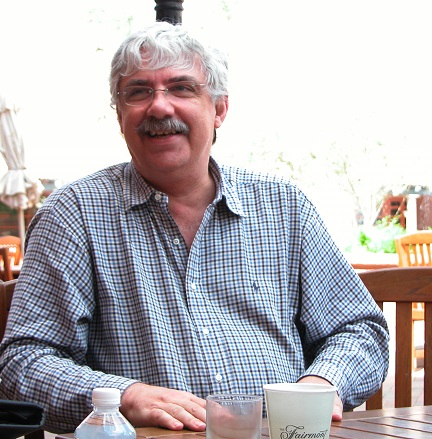 Vladimir Dzhuvinov and I led a discussion on The Cambrian Explosion of OAuth and OpenID Specifications at the 2025 OAuth Security Workshop in Reykjavík.
Vladimir Dzhuvinov and I led a discussion on The Cambrian Explosion of OAuth and OpenID Specifications at the 2025 OAuth Security Workshop in Reykjavík.
The abstract for the session was:
The number of OAuth and OpenID specifications continues to grow. At present there are 30 OAuth RFCs, two more in the RFC Editor queue, 13 OAuth working group drafts, and another eight individual OAuth drafts that may advance. There are nine JOSE RFCs and seven working group drafts. There are four SecEvent RFCs. On the OpenID side, there are 12 final OpenID Connect specs, three final FAPI specs, one final MODRNA spec, three final eKYC-IDA specs, and 24 Implementer’s drafts across the OpenID working groups, plus another ten working group drafts.
The number of possible combinations boggles the mind. And there’s no end in sight!
What’s a developer to do? How have people and companies gone about selecting and curating the specs to implement in an attempt to create coherent and useful open source and commercial offerings? And faced with such an array of combinations and choices, how are application developers to make sense of it all? How can interoperability be achieved in the face of continued innovation?
This session will prime the pump by discussing choices made by some existing open source and commercial offerings in the OAuth and OpenID space and lead to an open discussion of choices made by the workshop attendees and the reasoning behind them. It’s our goal that useful strategies emerge from the discussion that help people grapple with the ever-expanding sets of specifications and make informed implementation choices, while still fostering the innovation and problem-solving that these specifications represent.
The slides used to queue up the discussion session are available as PowerPoint and PDF. Also, see the list of 101 OAuth and OpenID-related specifications referenced during the discussion.
The topic seems to have touched a chord. Many people were clearly already thinking about the situation and shared their views. Some of them were:
- Nobody actually expects everyone to implement everything.
- Stopping things is super hard. But sometimes it’s necessary (as Brian Campbell put it, “when they’re wrong”).
- Timing can be fickle. What may not be useful at one time can turn out to be useful later.
- Some specs are highly related and often used together. But those relationships are not always apparent to those new to the space.
- We need better on-ramps to help people new to the space wrap their arms around the plethora specs and what they’re useful for.
- Well-written profiles are a way of managing the complexity. For instance, FAPI 2 limits choices, increasing both interoperability and security.
- The amount of innovation happening is a sign of success!
Thanks to the organizers for a great tenth OAuth Security Workshop! And special thanks to the colleagues from Signicat who did a superb job with local arrangements in Reykjavík!



